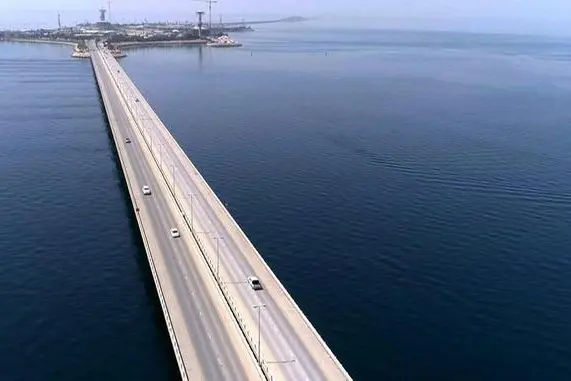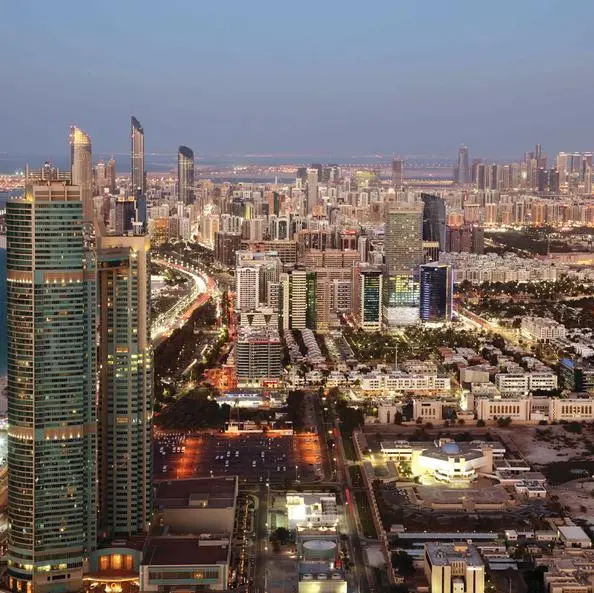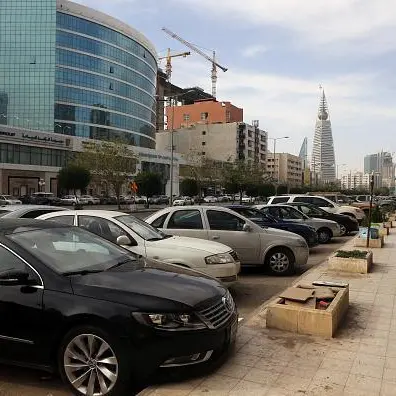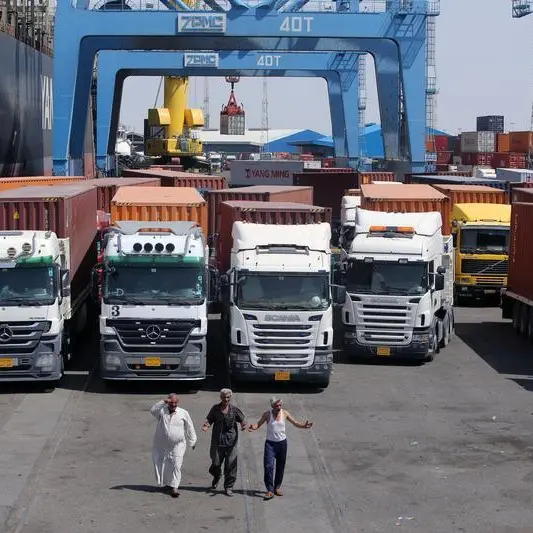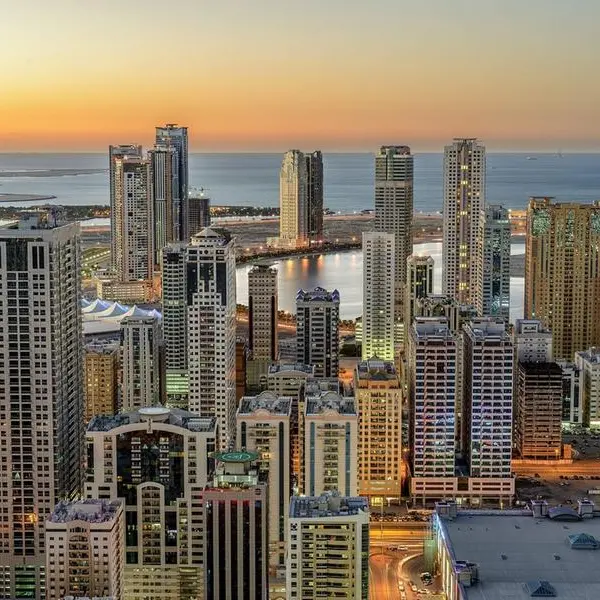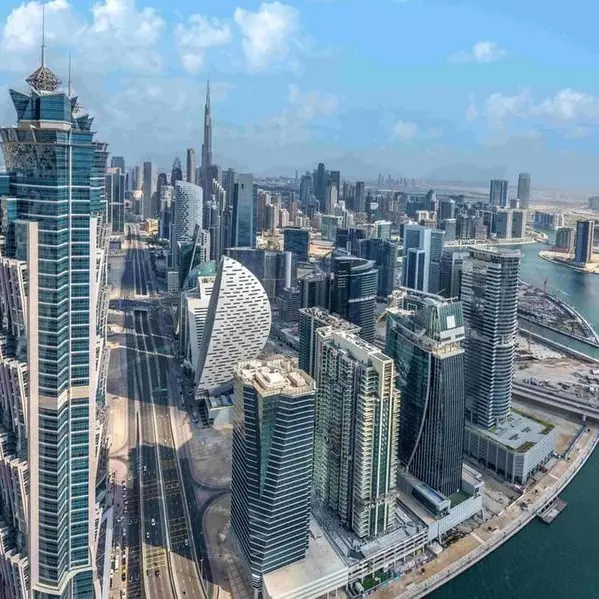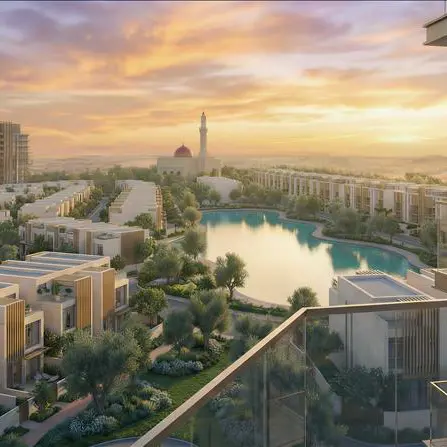PHOTO
The tendering for King Hamad Causeway, which will supplement the existing King Fahd Causeway between Saudi Arabia and Bahrain and connect Bahrain to the GCC Railway, is under discussion, according to a government official.
Hussain Ali Yaqoob, Director, Land Transportation Planning & Studies and Acting Director, Land Transportation Projects at the Ministry of Transportation & Telecommunication of Bahrain (MTT), said at the Middle East Rail event in Abu Dhabi last week that Saudi and Bahraini officials had met to discuss the project in the week before the rail event, noting that the pre-qualification stage has been presented to the senior leadership to take forward.
“In due course, the project would be launched for pre-qualification once we get the final approval,” he said,
Yaqoob said the transaction advisory team had completed Stage 1 and Stage 2 deliverables.
“We have conducted market sounding and invited global players to ensure that the way we will issue the project will be in the right framework,” he said.
The advisory team, appointed in November 2019, consists of KPMG (Financial Advisory), AECOM (Technical Consultant) and CMS (Legal Consultant).
Yaqoob said there is an understanding between both countries that the King Hamad Causeway would be implemented as a public-private partnership (PPP) based on the success of the existing King Fahd Causeway, which has witnessed continuous traffic growth between 5-6 per cent annually, and studies that have validated the new causeway’s financial viability and economically feasibility.
“With the current market situation, we think this is the right time, at least for governments to redirect funds toward development and leave the infrastructure to the private sector,” he noted.
Commenting on the GCC Railway, he pointed out that land transport movements between the GCC member countries have grown significantly over the past 20 years.
“I think we need to elevate it to the next dimension, introducing a sustainable, fast, reliable system which connects the six countries. We are connecting all the ports, which will greatly impact our respective economies.”
Bahrain Metro
The MTT official said Bahrain had applied the PPP rationale to its Metro project, where it has prequalified seven international consortia for Phase 1.
“One of the seven consortia will win and operate the project for 30 years,” he said.
The pre-qualification tender closed on May 2022, according to the MTT website.
Bahrain Metro Phase 1 comprises two lines totalling 29 kilometres (km) and 20 stations, according to Bahrain’s Tender Board.
In February 2023, Dubai-based business publication MEED indicated that four consortia and two individual companies had been prequalified to bid for the first phase.
In May 2023, the local news portal Gulf Daily News (GDN) named some local and international companies prequalified to bid for the project in a report. The companies included Ahmed Mansoor Al A’ali, Almoayyed Contracting Group, and GFH Financial Group, all from Bahrain; Larsen and Toubro, Delhi Metro Rail Corporation (DMRC) from India; China Railway Group, China Railway Construction Corporation International and China Harbour Engineering Company from China; France’s Alstom Transport and Five Capital; Italy’s Hitachi Rail STS and WeBuild.
In February 2023, India’s state-owned rolling stocks manufacturer BEML announced it signed a Memorandum of Understanding (MoU) with DMRC led-SPV for Phase 1. BEML said it would supply the metro rolling stock, while DMRC will be responsible for project development, budgeting, and facilitating contractual requirements.
Meanwhile, an official source told Zawya Projects that the Request for Proposals (RFP) for Bahrain Metro is likely to be announced in the third quarter of this year, while for the next stage of the King Hamad Causeway project, a government-to-government understanding is likely to be arrived at before the end of this year.
According to the Tender Board, Bahrain’s fully automated, driverless metro would have a total length of 109 km and be developed in four phases.
(Writing by Anoop Menon; Editing by Bhaskar Raj)
